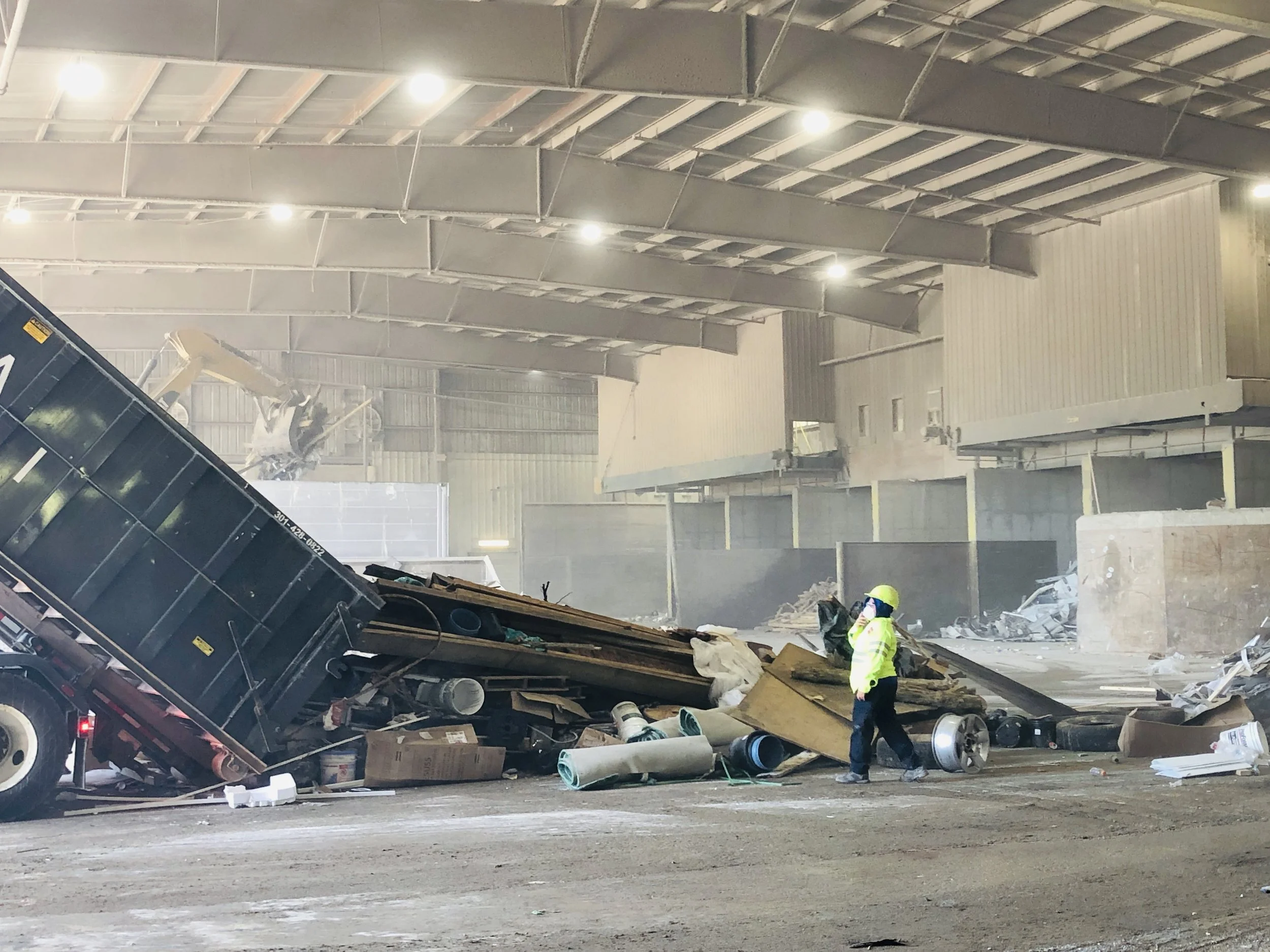The Road Less Traveled: Embracing Renovation for a Sustainable Future
/As we observe Earth Month, my story is a testament to the impact of individual actions. It's a call to embrace innovation, from heat pumps to smart thermostats and electric vehicles, recognizing that the path to sustainability is one of collective effort and shared responsibility. This narrative is not just about sharing my journey but about inspiring others to reflect on their choices and their potential to contribute to a more sustainable, efficient, and comfortable world.
Read More















